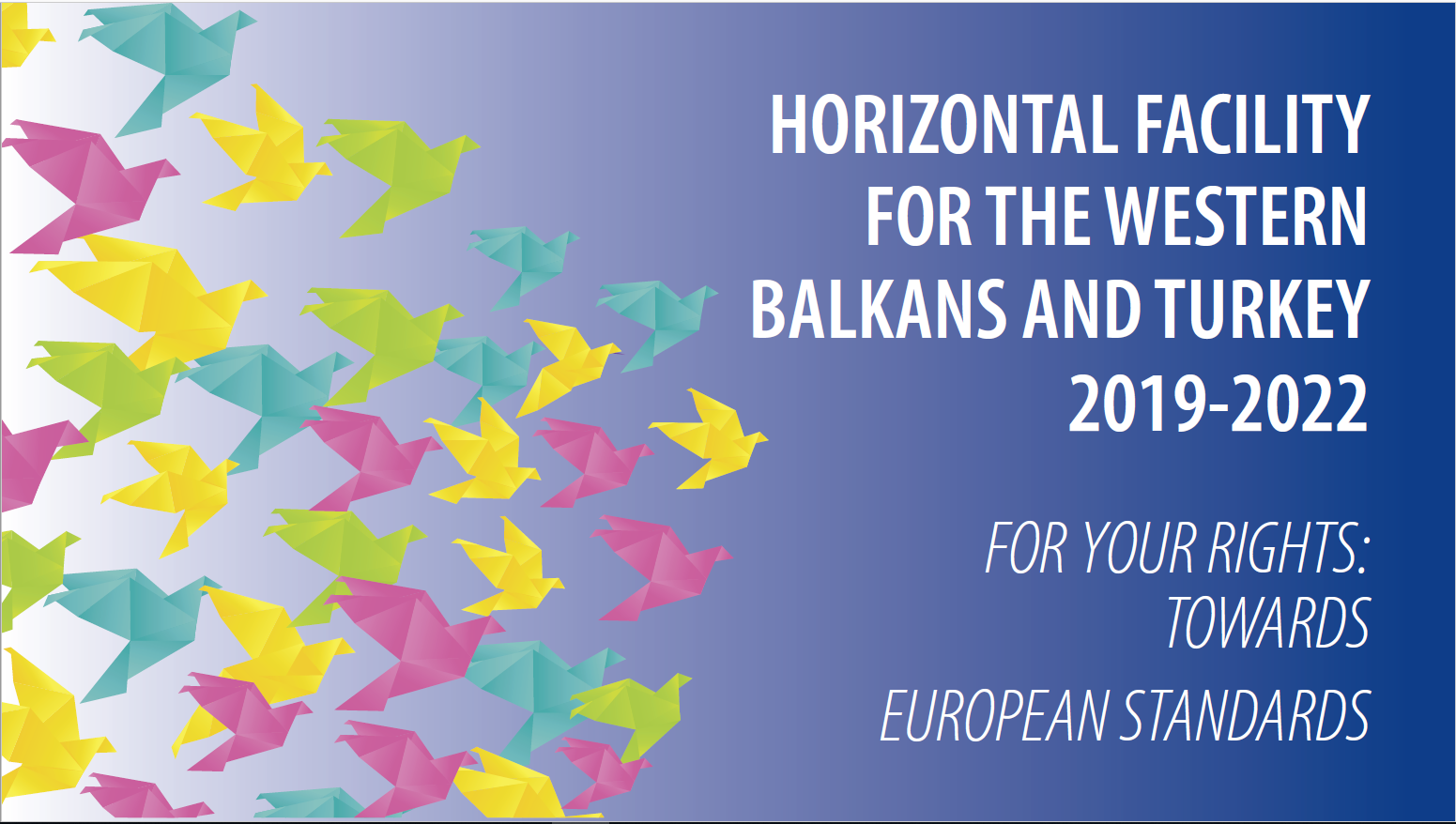The Committee of Ministers of the Council of Europe has adopted guidelines for the 47 member states to help them improve the functioning of their online dispute resolution mechanisms (ODR) in civil and administrative court proceedings (see the explanatory memorandum).
In this respect, the Committee of Ministers stresses the need to ensure that such mechanisms are compatible with the key principles of a fair trial and effective remedy (articles 6 and 13 of the European Convention on Human Rights) set out in the case law of the European Court of Human Rights, including the principles of oral hearing and equality of arms.
These guidelines, prepared by the European Committee on Legal Co-operation, provide member states with guidance in relation to fair procedure (access to justice, equality of arms, evidence, effective proceedings, delivery of the decision, right to a reasoned decision, enforcement of the decision, right to judicial review in cases involving purely automated decisions), transparency in the use of ODR and requirements for hearings, as well as special issues related to the ICT nature of ODR techniques (cybersecurity and human rights protection, including personal data protection).
More information:
Follow us on social media:




